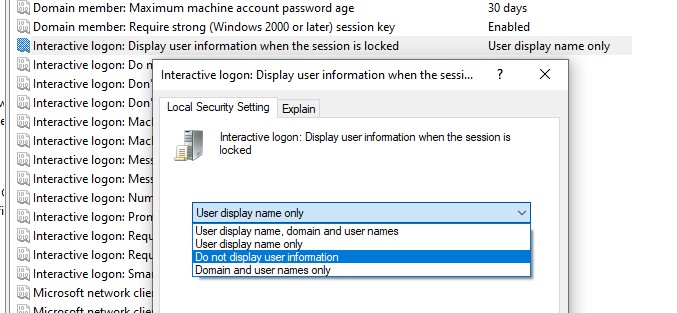

Let’s continue by having a look at the required configuration, to enable the Reset password option from the login screen. The user wants to unlock their account without administrator intervention by using their authentication methods. Self-service account unlock: The user is unable to sign in with their password and has been locked out.Send an email to a validated secondary email account.Make a phone call to a validated mobile or office phone.Send a text message to a validated mobile phone.

Self-service password change: The user knows their password but wants to change it to something new.SSPR includes (the focus of this post is number 2): That means that the user no longer needs to call a help desk just to reset their password. At the same time, administrators can control how a user’s password gets reset. With SSPR users can reset their passwords on their own when and where they need to. Now let’s start this post with an introduction about Azure AD SSPR. I’ll end this post by looking at the end-user experience. In this post I’ll provide a short introduction about Azure AD self-service password reset (SSPR), followed by walking through the required configurations for SSPR and the Reset password option. I know that a lot has been written already about this subject, but I have the feeling that this subject needs a place on my blog. Starting with Windows 10, version 1709, it’s possible to enable the Reset password option from the login screen for Azure AD joined devices. In other words, the Reset password option. This week is all about the password reset option on the login screen. This week is about something similar as last week.


 0 kommentar(er)
0 kommentar(er)
